Morton to lead ASU’s Knowledge Enterprise
sss-20201124
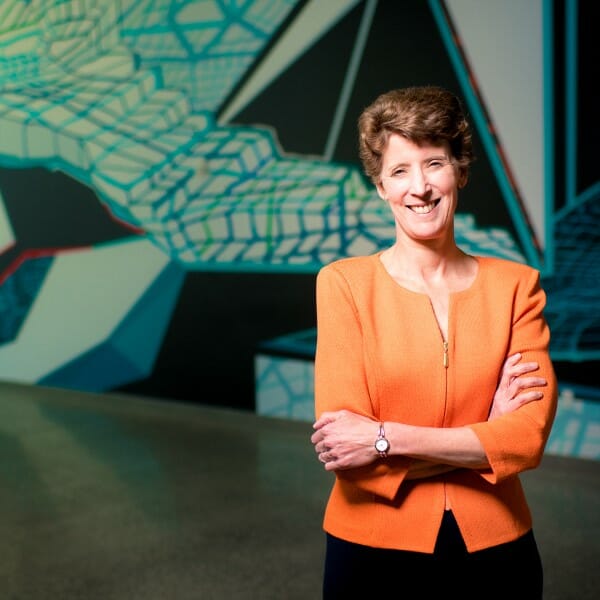
Morton to lead ASU’s Knowledge Enterprise
Statistician uses data to change lives for the better, was drawn to university’s mission of inclusion. When she joins ASU on Feb. 1, Morton will be the first woman to take the reins of Arizona State University’s Knowledge Enterprise.

Dec 10: Virtual Seminar on Transportation Electrification
SRP and ASU faculty, staff and students are invited on Dec. 10, 2020, from 10 a.m. to 2:30 p.m. to participate in an informative seminar and discussion around enhancing sustainable transportation in Arizona. Registration is required.

What one action should the Biden Administration take on science, tech, climate?
ASU has been invited to put forth authors for Future Tense’s consideration. Pieces will be about 800-1,000 words, and will be running between now and Inauguration Day.
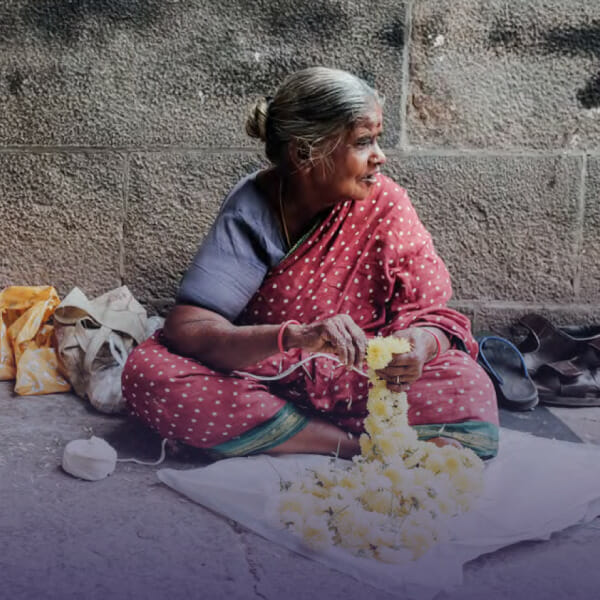
Ellis is co-author of Gender Equality and Governance Index report
A new report brings together some of the most up-to-date and comprehensive databases on gender discrimination in the world, to cast a light on why the economic and political empowerment of women is vital not just for human prosperity but also for our future peace and security.
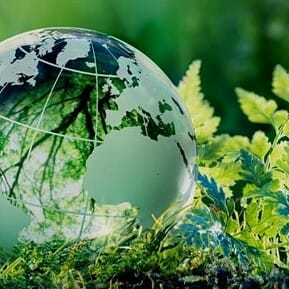
Workshop: Progress, challenges and opportunities for sustainability science
The 11/30-12/2 workshop will review the state of cutting edge research that can help societies meet the goals of sustainable development, and provide scientific input to the ongoing discussions of the National Academy of Sciences (NAS) Grand Challenges in Science initiative and the Nobel Prize Summit “Our Planet, Our Future” that will be held in Spring 2021.
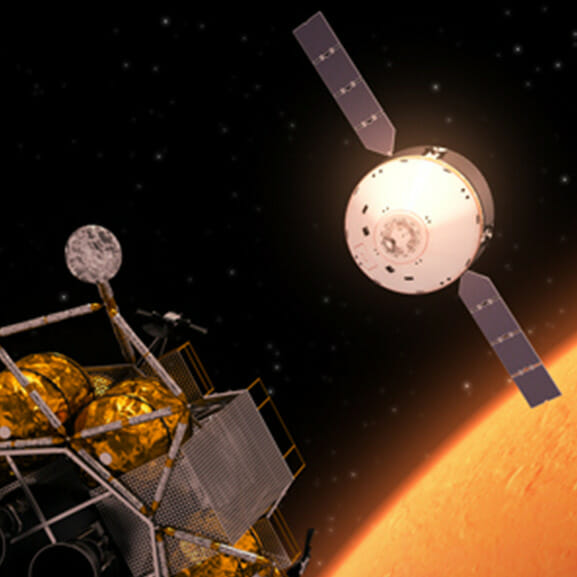
Call for Abstracts – Commons in Space conference
As a virtual conference within a series of conferences organized by the International Association for the Study of the Commons (IASC), the Interplanetary Initiative will facilitate a discussion between space researchers and scholars studying more traditional commons.
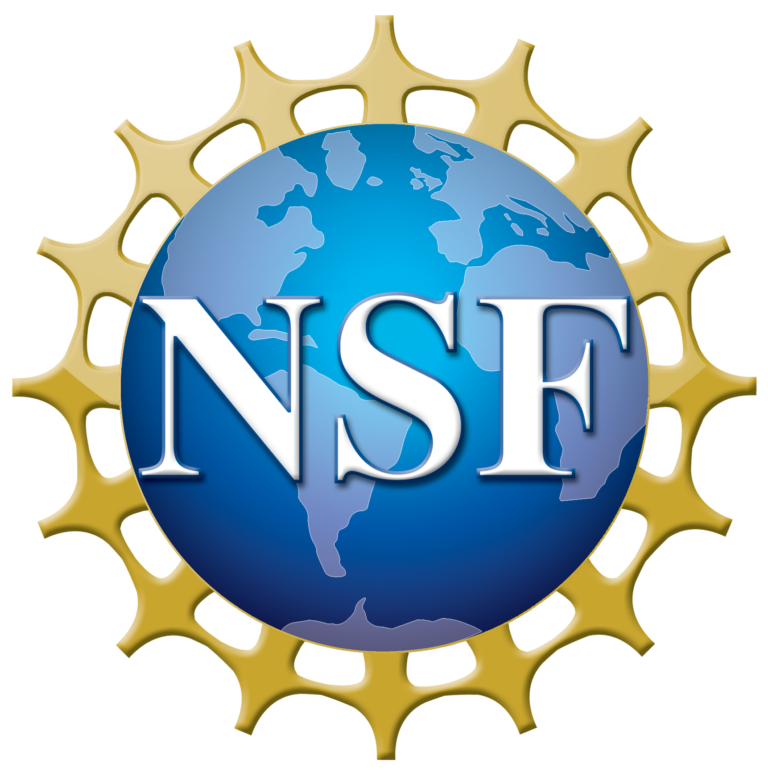
New funding opportunity: Strengthening American Infrastructure
Strengthening American Infrastructure invites proposals for workshops and early concept grants for exploratory research (EAGER) that incorporate scientific insights about human behavior and social dynamics to better design, build, rehabilitate and maintain strong and effective American infrastructure.
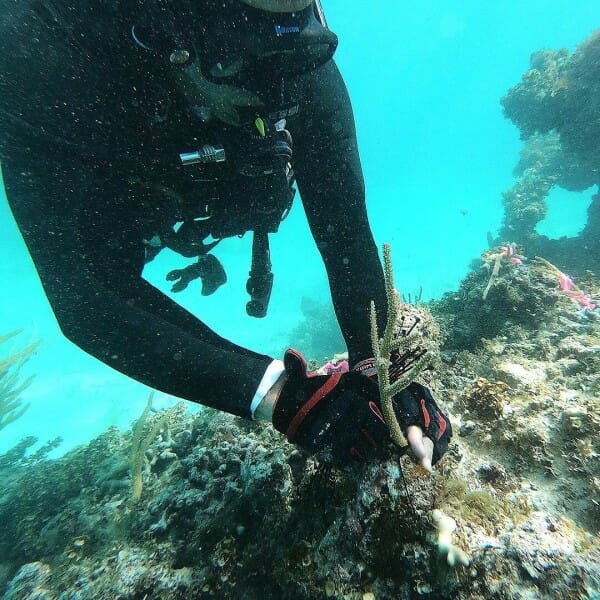
Foo, Asner study uses satellites, field studies to improve coral reef restoration
A new study published in Restoration Ecology by researchers from Arizona State University’s Center for Global Discovery and Conservation Science found evidence that POC levels are one of the most important factors in determining coral outplant survival.
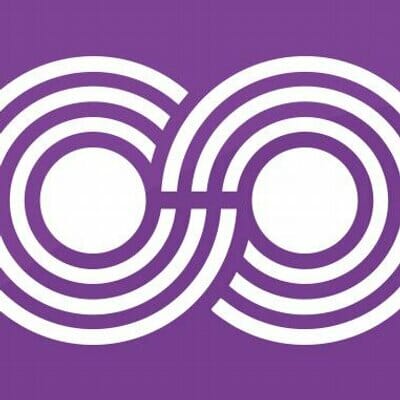
William T. Grant Foundation issues 2021 application guidelines
New for 2021, the foundation’s updated application guidelines for research grants on reducing inequality and research grants on improving the use of research evidence provide details about eligibility, selection criteria, and application requirements, as well as tips from our program officers and summaries of recent awards.
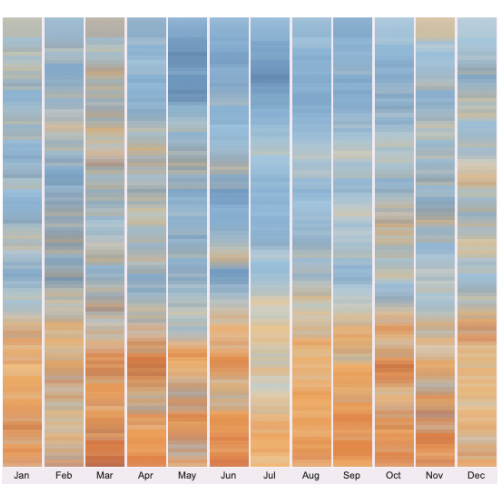
KER data visualization: Temperatures in Maricopa County
A historic temperature visualization developed by Arizona State University’s Knowledge Exchange for Resilience is a tool that shows shifts in temperatures using an interactive heat map and bar graph. It includes historical Arizona temperatures from the 1890s to the present.
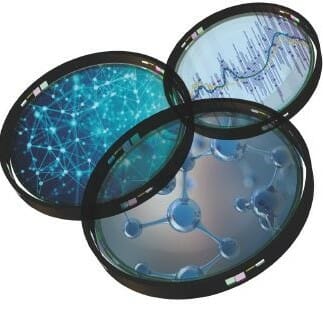
NASA awards Planetary Systems Biochemistry project
Sustainability scientists Hilairy Hartnett, Everett Shock and Ariel Anbar, with their colleagues Elizabeth Trembath-Reichert and Michael Line are co-investigators on a new NASA astrobiology program research team, one of eight in the agency’s new Interdisciplinary Consortia for Astrobiology Research program.
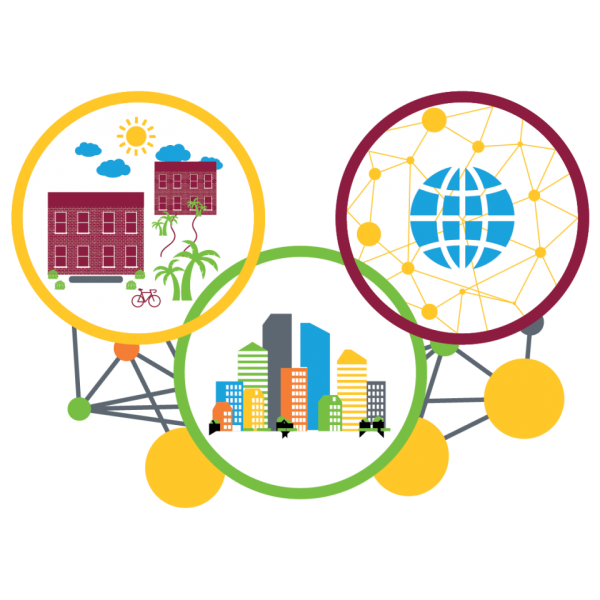
Shape the future of learning in the digital age
Spend January 5-7, 2021 engaged in a breadth of activities designed to surface the best in emerging approaches for shaping the future of smart campuses, cities and education — and life during and after the pandemic.